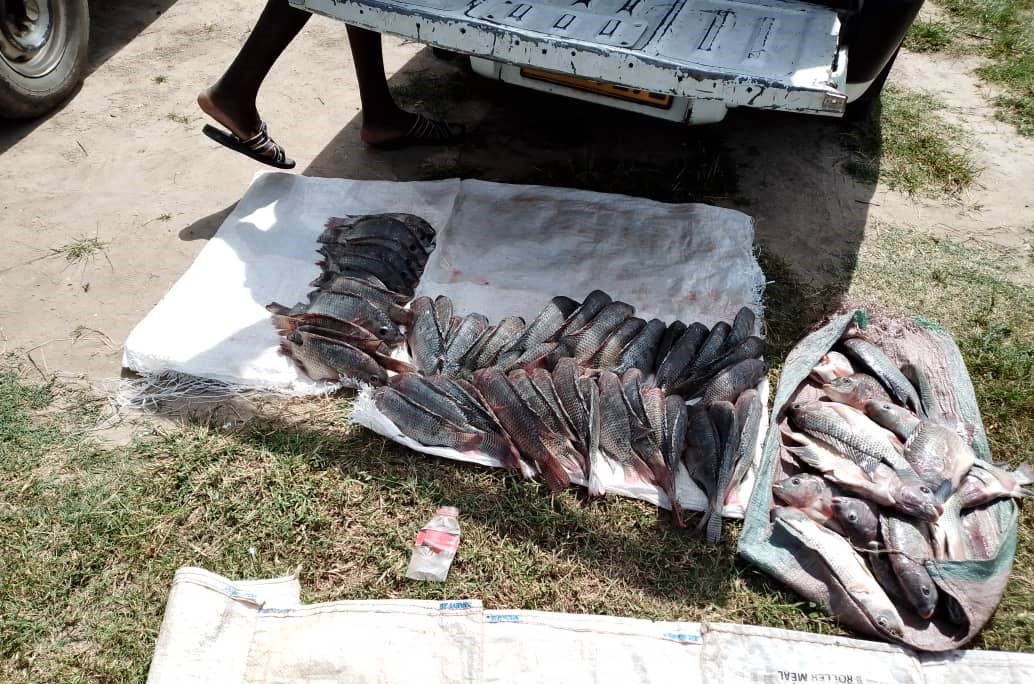Fisheries in Zimbabwe are providing women with livelihoods against odds brought by economic hardships, climate change, and competition from male fishmongers.
Selling fish has long been a source of income for women, but with current unemployment levels, more and more women are trying their hand at anything that will provide income.
Demand for aquaculture produce has continued despite dwindling fish stocks in the country’s supply dams, according to the Ministry of Lands, Agriculture, Fisheries, Water, Climate, and Rural Development.
The price of fish bought directly from dams is considered lower than that sold in supermarkets and butcheries, thereby providing a steady stream of income for informal traders.
Fishmongers such as Tabeth Zulu who make a living visiting dams surrounding the city of Bulawayo to purchase their stock say they have watched as a growing number of people, especially women, turn to buying and selling fish.
“This has become a women’s business. Fish sells, but when you have a problem with electricity that’s when things become difficult,” Tabeth said.
While Zimbabwe’s electricity crisis has affected big business, informal traders such as Tabeth are also feeling the pinch because of the highly perishable nature of the commodities they sell. The agriculture sector has not been sparedthe power outages, with farmers appealing to the government to be exempted from load shedding.

Women selling fish in the Bulawayo central business district.
However, for Tabeth and other fishmongers such challenges have been overcome by turning to selling dried fish, despite the continued demand for fresh fish.
“You learn to devise a survival strategy. You cannot abandon this business because of circumstances over which you have no control. What I do now is buy and sell dried fish which include bream and kapenta,” Tabeth said.
For years women in Bulawayo have travelled long distances to buy fish in bulk, but the current challenges, including low fish stocks in the dams and power outages that interrupt refrigeration, are exposing the risks that come with the fish business.
Tabeth Zulu knows the risk too well. “When we started, fish was cheaper than beef, but now because the fish is becoming scarce, fish is considered expensive,” she said, as her industry responds to the laws of supply and demand.
Government has in recent months promoted fish farming, providing resources to economically vulnerable communities to develop aquaculture infrastructure as part of income generating projects for especially women.
For now, Tabeth joins scores of women who source their produce from fishermen and she hopes the industry will continue providing sustenance despite the uncertainty of fish hauls in the country’s dams.









